Many dogs love summer just as much as we do! It can be the best time of year to be out and about, enjoying activities like hiking, swimming, running, and especially picnicking with your dog. However you can’t forget about summer hazards, especially fireworks. With all the festivities that summer has to offer, here are 9 tips to keep in mind when picnicking with your pooch.
1. Close that picnic basket
Yummy picnic items considered poisonous for dogs include grapes and raisins (even currants). While xylitol is a natural sugar substitute for people, it is poisonous for dogs. So be sure keep anything containing xylitol (baked goods, candies, mints, gums, etc.) away from your pets. Click here to learn more about picnic poisons with Dr. Justine Lee.
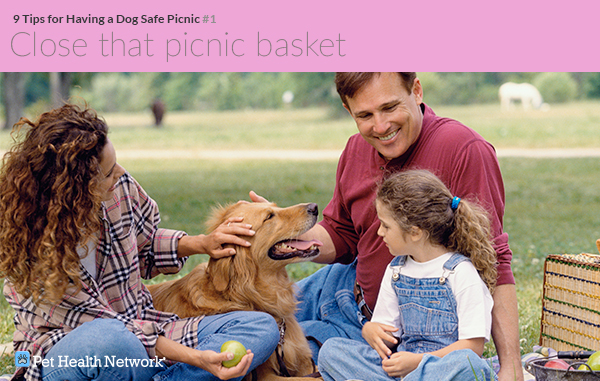
2. No leftover bones
While it’s very tempting to feed your dog leftovers like chicken bones (and he will ask), it can also be a life-threatening mistake. If your dog accidentally swallows a large bone, it can get stuck in their esophagus and require surgery. Likewise, BBQ bits, like gristle and fat should never be given to your dog. Click here to learn more about the dangers of esophageal foreign bodies with Dr. Justine Lee.
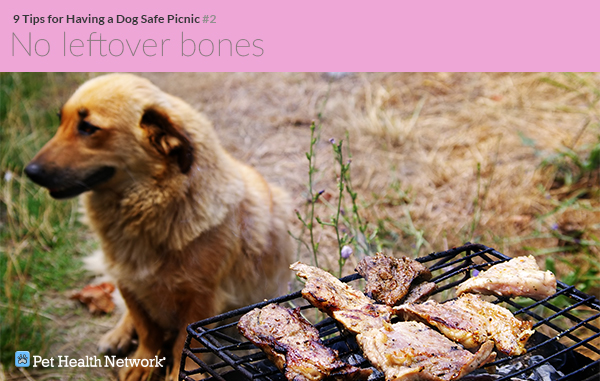
3. NEVER leave your dog in the car!
It can take minutes – yes, MINUTES – for a pet to develop heat stroke and suffocate in a car. Most people don’t realize how quickly hot cars heat up. On a 78 degree day, temperatures in a car can reach 90 degrees in the shade and top 160 degrees if parked directly in the sun (Check out Dr. Ernie Ward's video to see for yourself)!
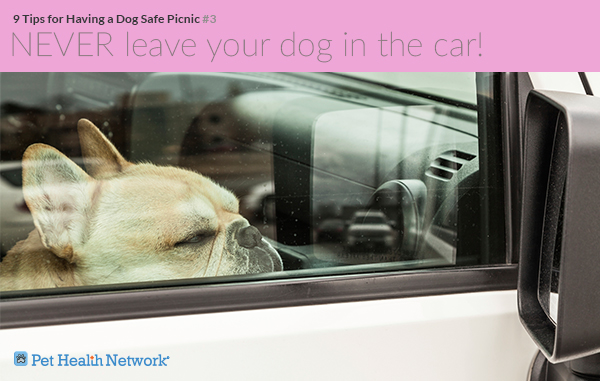
4. Keep your dog away from fireworks
For us, fireworks may be the highlight of the night, but many pets are terrified of them. The loud noises and bright lights easily scare dogs, which will make them want to get as far away as possible. Fireworks are also harmful to pets even when they’re not lit, as they contain hazardous chemicals. Click here to learn more about firework safety with Dr. Justine Lee.
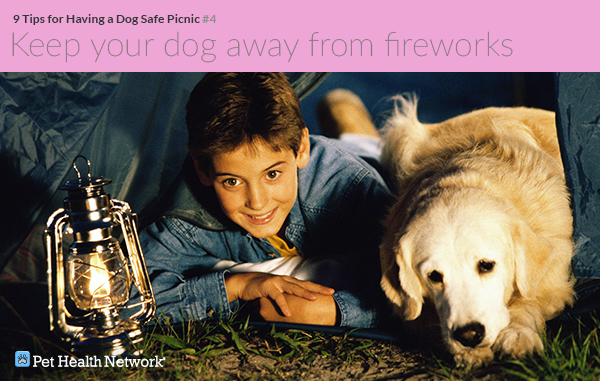
5. Make sure your dog is leashed and has up-to-date ID tags
I love bringing my dog on the road with me. It means we get to spend more time together! Summer holiday trips include all sorts of scents, noises, critters and people running around; not to mention exciting places to explore. With all of the excitement, don’t forget to keep your dog leashed and be sure he’s wearing his collar with up-to-date ID tags, just in case.. Click here to learn more about what to put on your pet's ID tags.
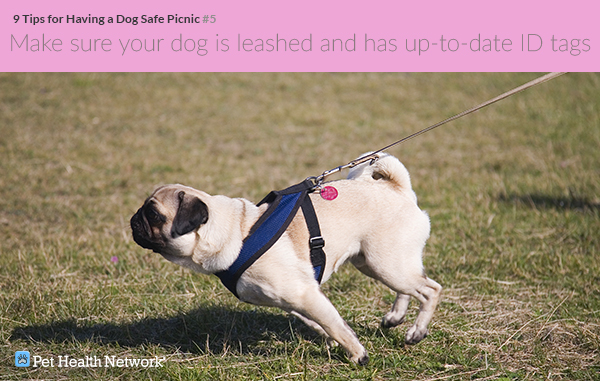
6. Make sure your dog has plenty of shade and fresh water
Dogs get much thirstier than we do when they get hot. So when you notice your dog drinking a lot of water and/or panting, get him to a cool, shaded spot. While some dogs love to sunbathe, direct sunlight can cause them to overheat and that could cause heat stroke. Click here to learn more tips to keep your dog cool on a hot summer day with Dr. Mike Paul.
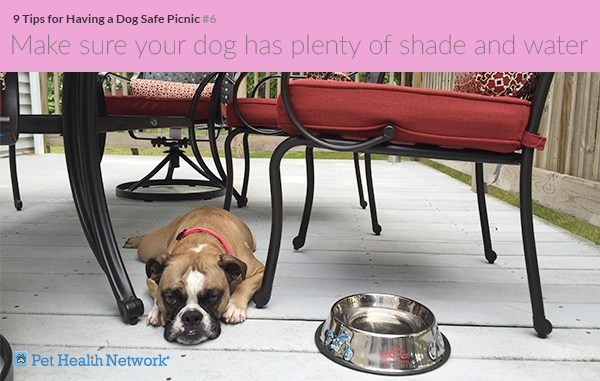
7. Don't leave scraps on the table
Foreign body dangers such as corn on the cob and peach pits aren’t necessarily poisonous, but they still pose a very dangerous threat to dogs. They can easily get stuck in the intestines and will require surgery to remove. Click here to learn about what foods you can share with your pet from Dr. Ruth MacPete.
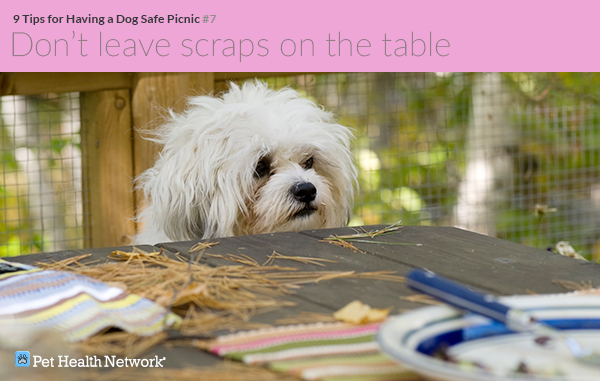
8. Don't forget to pack sunscreen!
Believe it or not, dogs can get a sunburn, especially those with short or light-colored coats. And just like for people, sunburns can be painful for a dog and overexposure to the sun can lead to skin cancer. Talk to your veterinarian about dog sunscreens (don’t assume a sunscreen for people is appropriate for your dog). Click here to learn more about protecting your pets from the sun with Dr. Ruth MacPete.
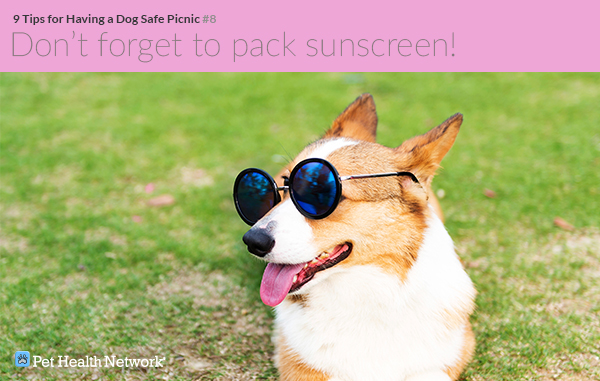
9. Keep your dog inside
Even though we may love nothing more than to include our best furry friends in all activities, sometimes it can be safest to seclude them, especially during large celebrations. While leaving your dog alone seems like a sad thing to do, you’re allowing him to be safe in a stress-free environment that he’s comfortable with. Don’t worry, he’ll be there when you come back!
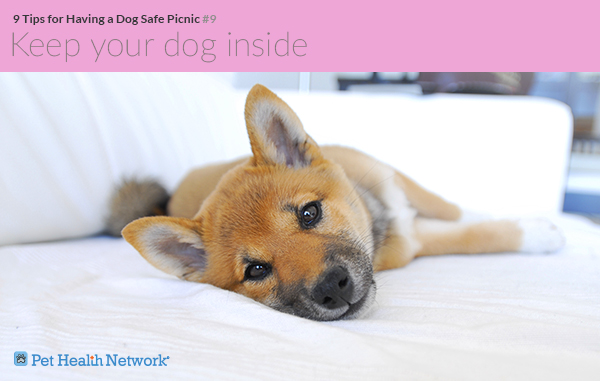
If you have any questions or concerns, you should always visit or call your veterinarian -- they are your best resource to ensure the health and well-being of your pets.
